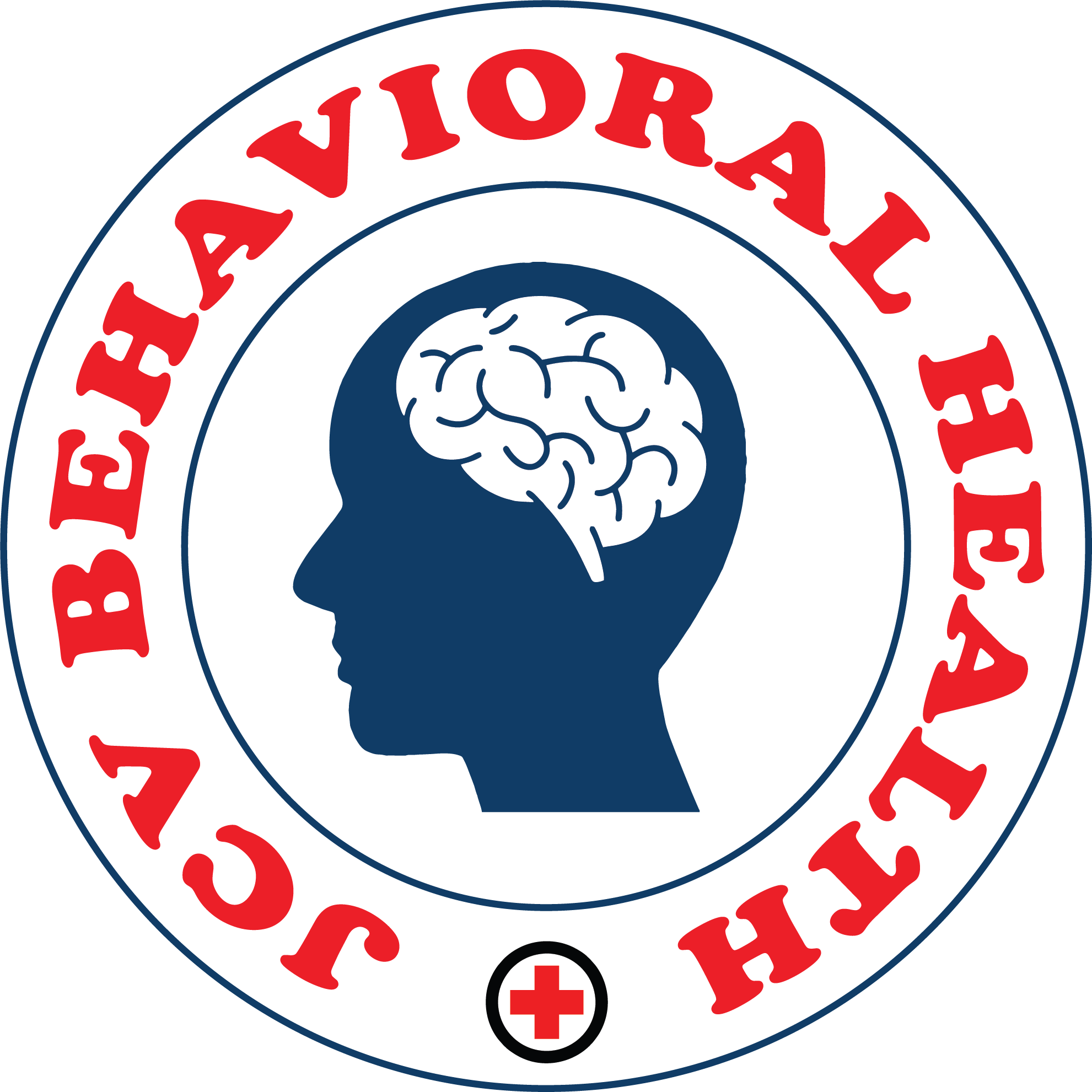Services
Our Services
Best Healthcare for you

Telehealth

Follow up care

Face to Face visits

Mental Health Evaluations

Medication management
Anxiety
Anxiety is a complex emotional and psychological state characterized by feelings of worry, nervousness, or unease, often about an impending event or an uncertain outcome. It can manifest physically with symptoms like increased heart rate, sweating, or trembling. Anxiety disorders, which include generalized anxiety disorder, panic disorder, and social anxiety disorder, go beyond occasional stress, affecting daily functioning and overall quality of life. Effective management often involves a combination of therapy, medication, and lifestyle changes. Understanding and addressing the root causes of anxiety can lead to more effective coping strategies and improved mental well-being.


Depression
Depression is a severe mental health condition marked by persistent feelings of sadness, hopelessness, and a lack of interest or pleasure in activities. It affects mood, behavior, and overall functioning, often leading to sleep, appetite, and energy changes. Depression can disrupt daily life, impacting work, relationships, and self-esteem. It's more than just feeling down; it's a medical condition that requires attention and treatment. Effective management typically involves therapy, medication, and lifestyle adjustments. Early intervention and support are crucial for recovery, helping individuals regain balance and improve their quality of life.
Bipolar Disorder
Bipolar disorder is a mental health condition characterized by extreme mood swings that include emotional highs (mania or hypomania) and lows (depression). During manic or hypomanic episodes, individuals may experience elevated mood, increased energy, impulsive behavior, and racing thoughts. Conversely, depressive episodes involve feelings of sadness, hopelessness, and fatigue. The condition affects daily functioning and relationships, and its severity can vary. Effective management often requires a combination of medication, such as mood stabilizers, antipsychotics, and psychotherapy. Long-term treatment and support can help individuals with bipolar disorder lead fulfilling lives and manage their symptoms effectively.


Attention Deficit Hyperactivity Disorder (ADHD)
Attention Deficit Hyperactivity Disorder (ADHD) is a neurodevelopmental disorder characterized by persistent patterns of inattention, hyperactivity, and impulsivity. Symptoms may include difficulty sustaining focus, organizational challenges, excessive fidgeting, and impulsive decision-making. ADHD often manifests in childhood but can continue into adulthood, affecting work, relationships, and daily functioning. The exact cause is not fully understood, but genetic and environmental factors play a role. Treatment typically involves a combination of behavioral therapy, medication (such as stimulants or non-stimulants), and lifestyle adjustments. Early diagnosis and tailored interventions can significantly improve management and quality of life for those with ADHD.
Post- Traumatic Stress Disorder (PTSD) and Trauma
Post-Traumatic Stress Disorder (PTSD) is a mental health condition triggered by experiencing or witnessing a traumatic event. Symptoms include intrusive memories, flashbacks, nightmares, severe anxiety, and emotional numbness. Individuals with PTSD may also experience hypervigilance, irritability, and avoidance of situations that remind them of the trauma. Trauma, the root cause of PTSD, refers to profoundly distressing or disturbing experiences, such as violence, natural disasters, or serious accidents. Effective treatment for PTSD often involves trauma-focused therapies like Cognitive Behavioral Therapy (CBT) and Eye Movement Desensitization and Reprocessing (EMDR), along with medication and support from mental health professionals. Addressing trauma and its effects can lead to recovery and improved well-being.


Eating Disorders
Eating disorders are severe mental health conditions characterized by abnormal eating habits that negatively impact physical and emotional well-being. Common types include anorexia nervosa, marked by extreme restriction of food intake and a distorted body image; bulimia nervosa, involving binge eating followed by purging; and binge eating disorder, characterized by frequent, uncontrollable episodes of overeating. These disorders can result in severe nutritional deficiencies, health complications, and emotional distress. Treatment typically involves a multidisciplinary approach, including psychotherapy, nutritional counseling, and medical care. Early intervention and support are crucial for recovery and improving overall health and quality of life.
Treatments
Psychotherapy
Psychotherapy is an approach for treating psychological or mental health issues by talking with a mental health provider. Benefits of psychotherapy: It helps build self-esteem, reduce anxiety, strengthen coping mechanisms, and improve social and community functioning.
Psychopharmacology
Medication management can improve function and reduce symptoms from many conditions including depression and anxiety. JCV Behavioral Health Services can help you make informed choices about the use of medications to support your goals.
Lifestyle Medicine
Attention to nutrition, exercise, social connections, and applications of mindfulness can have significant benefits for mental and physical health and improve responses to treatment.
Tele-psychiatry
Tele-psychiatry is a convenient way to access care while expending less time and money on transportation. Tele-psychiatry appointments are conducted using technology that keeps your information confidential.
We provide high quality and personal service. At JCV Behavioral Health Services we will give you the attention and personal service that you will come to expect and enjoy.
Contact
- Business Number : 832-539-1137
- Fax Number : 832-539-1448
- support@jcvbehavioralhealth.com
- 445 Murphy Rd Suite # 101 B-1 Stafford, Tx-77477
Copyright © 2023 JCV Behavioral Health, All rights reserved. Powered by DevopsAlign








































